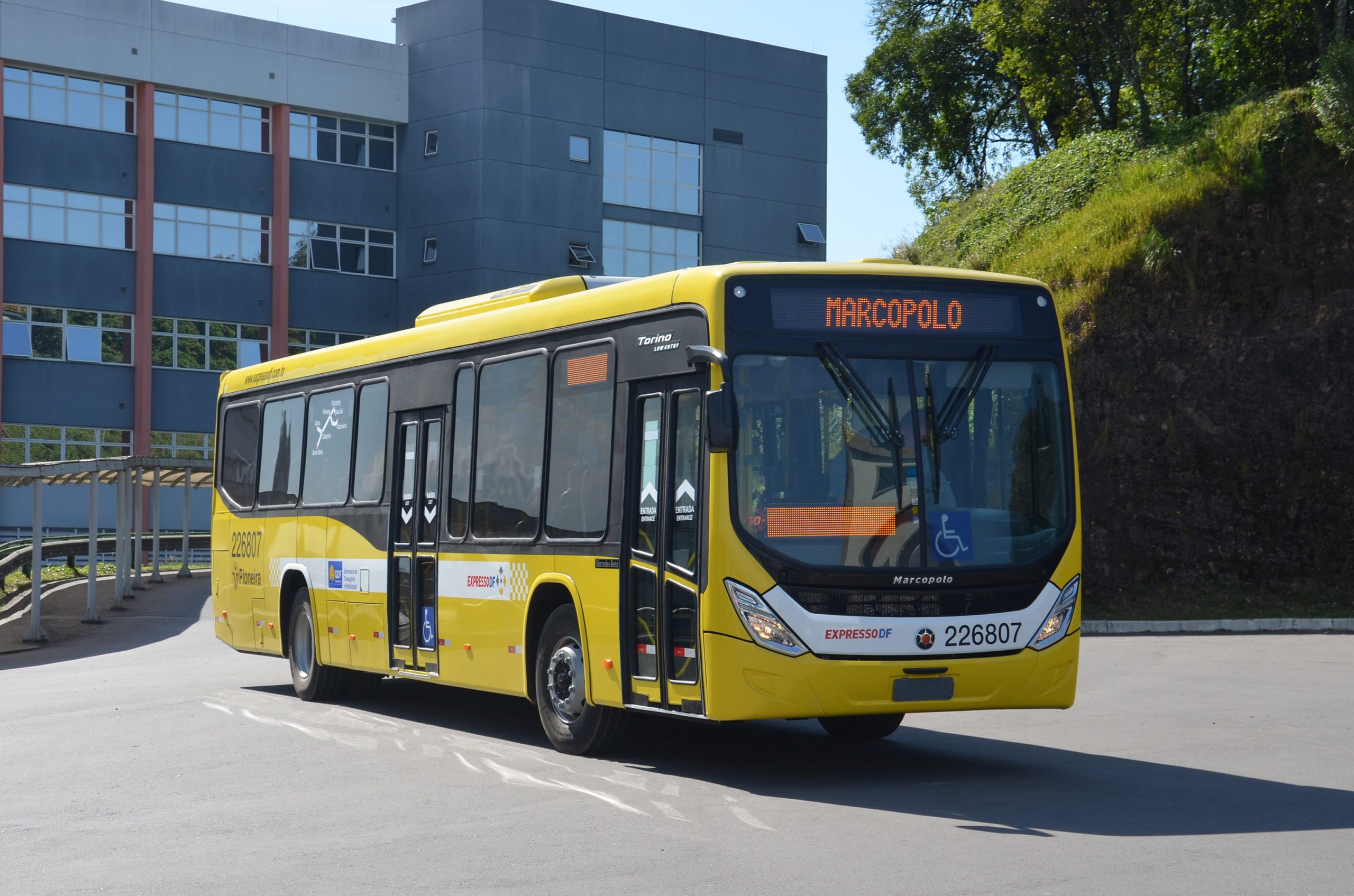RIO DE JANEIRO, BRAZIL – Bus operators in large and medium cities in the country have accumulated losses of R$16.7 (US$3.1) billion between March 2020 and June 2021, worsening the crisis already faced by the sector even before the pandemic, according to the National Association of Urban Transport Companies (NTU).
The cash flow imbalance has increased because of the mismatch between supply and demand. During the most critical months of the pandemic, the circulating fleet decreased due to social distancing measures but in much lower intensity than the drop in passenger volume and fare revenue.

According to the NTU, there was a 51.1% reduction in the amount of paying passengers carried by the urban bus fleet in 2020, compared to the previous year. Each vehicle took, on average, 167 passengers during each day.
At the end of last year, the National Congress approved a bill that guarantees a R$4 billion bailout – with compensations defined in the text – for the local bus and subway systems. President Jair Bolsonaro, however, vetoed the proposal in its entirety.
In a set of nine capital cities surveyed by NTU, which represent 35% of the national demand, an average of 147.2 million trips/month ceased to be made between April and October 2020. The survey includes São Paulo, Rio de Janeiro, Belo Horizonte, Salvador, Recife, Fortaleza, Porto Alegre, Curitiba and Goiânia.
In 27 years, since the entity’s yearbook started being produced, about three out of four passengers have abandoned the bus transportation system. The trend was already underway before the pandemic and has accelerated. From 1994 to 2012, the drop in demand was 24.4%. From 2013 to 2019, the reduction was another 26.1%.
Cunha says that the economic-financial imbalance of the contracts has compromised the operators’ ability to renew the fleet, even to meet the useful life and average age determinations defined in the bidding notices and contracts. From the cost point of view, the sector has also had to deal with the increase in diesel oil prices in the last few months.
For NTU, the only chance for the sector to recover is through the restructuring of public transportation in the country, creating a new legal framework. “This is not my opinion. It is the result of the consensus of entities and specialists in the area”, the NTU head comments, emphasizing the need for a fare that is accessible to the low-income population.

